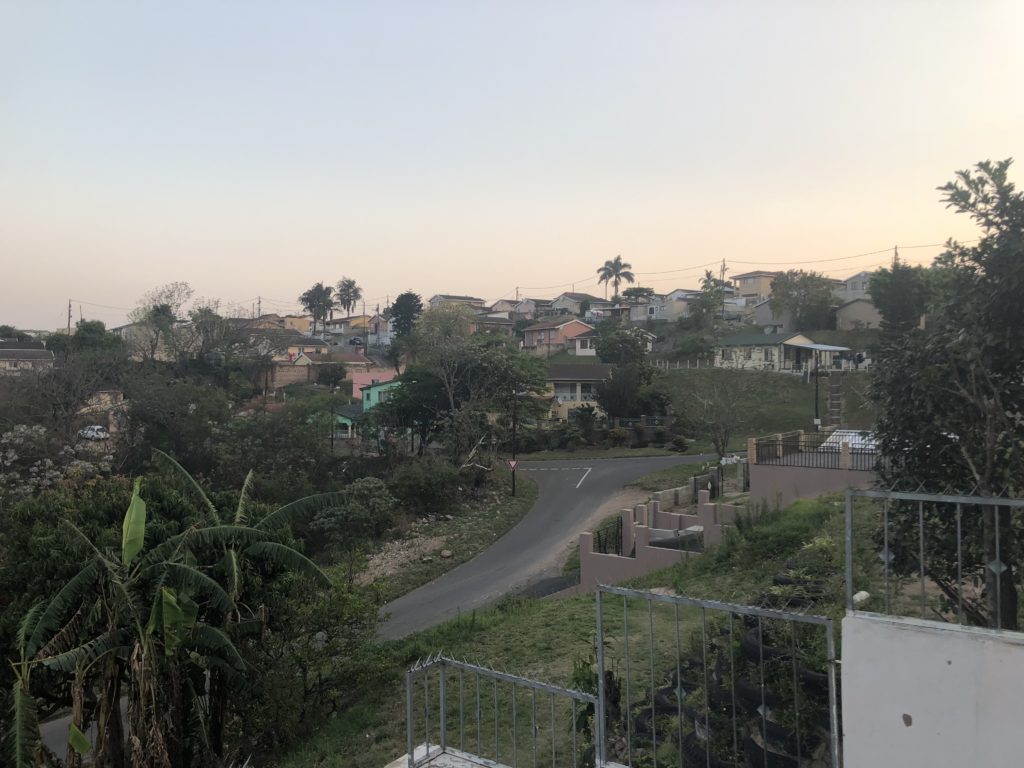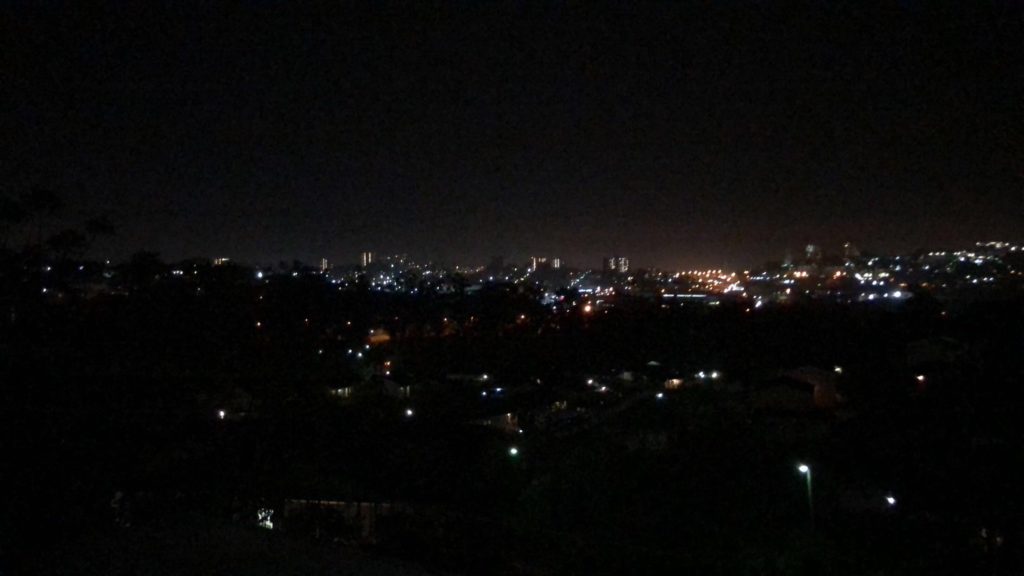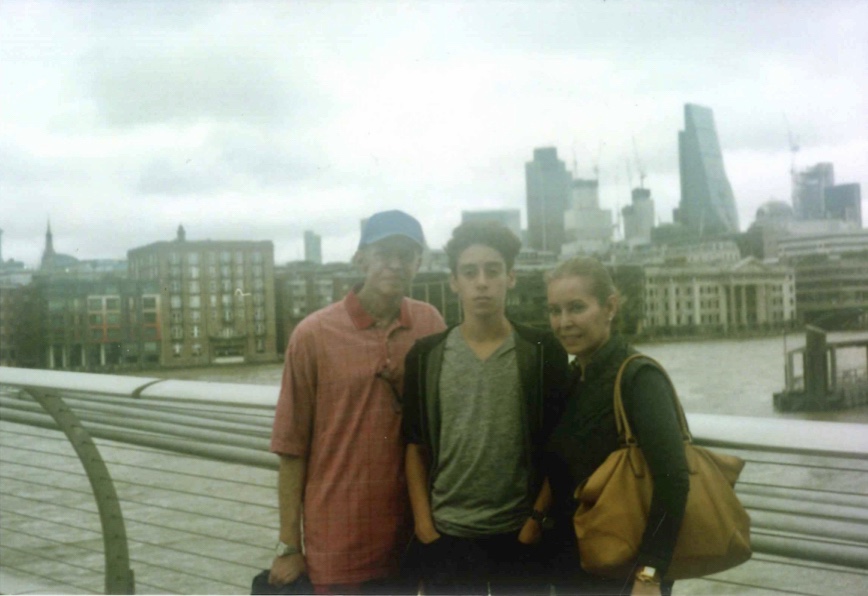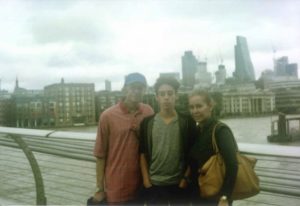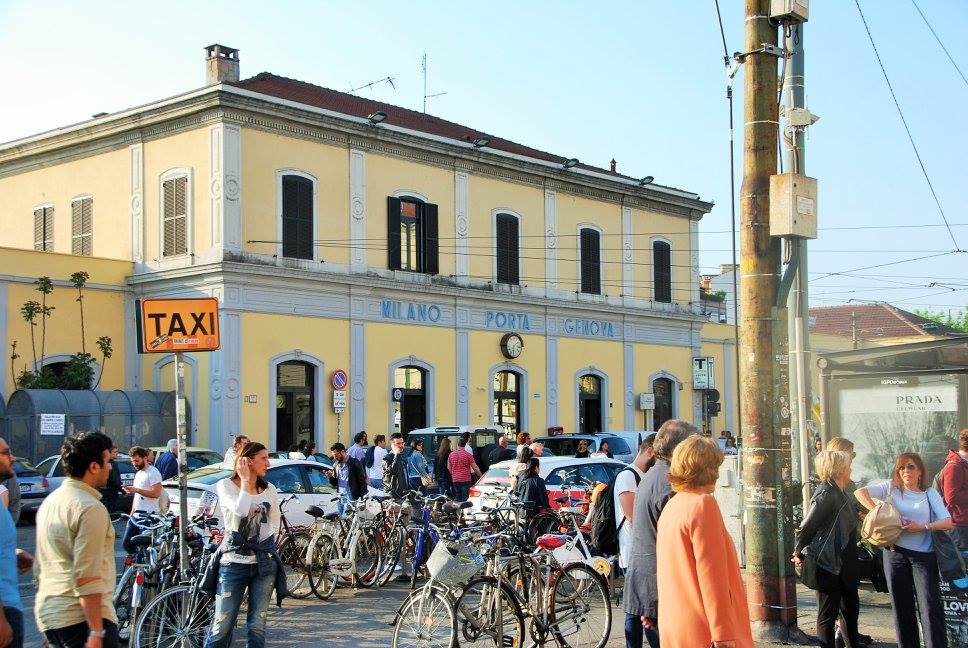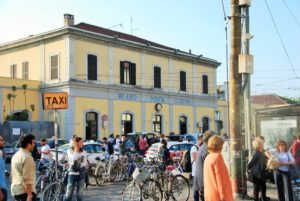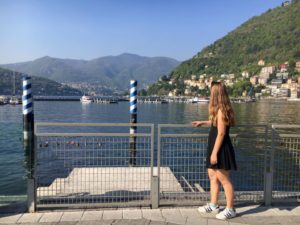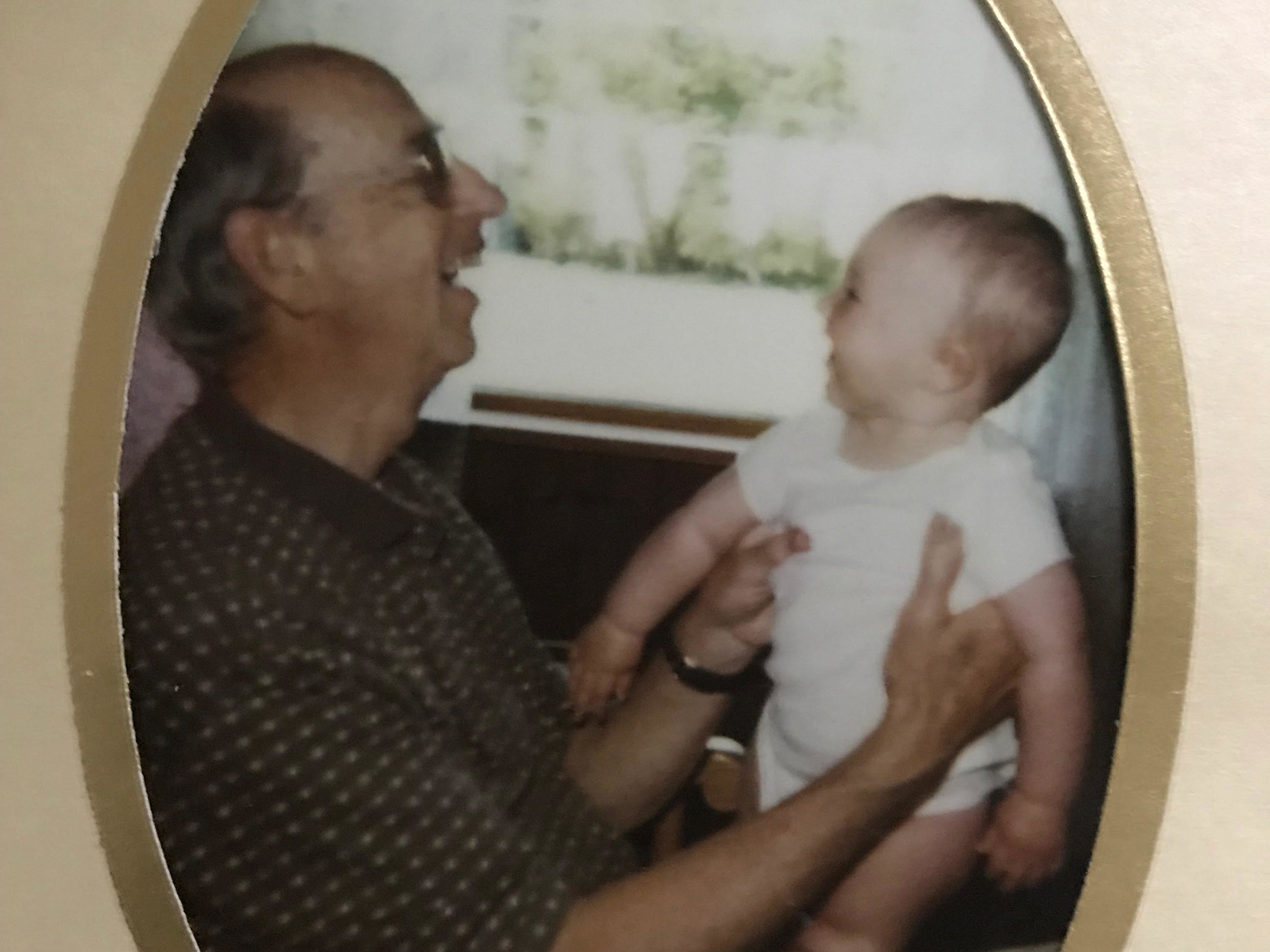By Corey D. Smith
The sun sets in beautiful rays of reds, blues and yellows. In the distance the cars pass on the highway. Tail lights bright red, the headlights showing white. It is evening and from atop the hill at my Cato manor homestay, peace abounds.
As the crickets begin to chirp, the other animals—the likes of dogs, monkeys, chickens and goats—retreat to their resting places, only to be heard again in the morning, making way for the moonlight. Rest arrives, starlight blankets the sky.
When the doors open and shut and conversations start , you know it is time for the daily hustle and bustle. Instantly the township bursts into life. I get up, take a bite of breakfast and relax with Abongile, my homestay niece, who enjoys cartoons. They envelop me as she practices her English.
Half past seven. I head to the bus stop: immediately the honking of minibus taxis alarms me. Confused, I look down the wrong side of the street.
“Sawubona.” “Howszit.” “Awe.” “Sharp.” All said as you walk by. It is a community of love you are introduced to, all as I leave for school. These interactions continue as I make my way to the main road. I can only imagine what the day will bring for the community of Blinkbonnie.
The afternoon brings new energy as we head back into Blinkbonnie. Men and women are returning from work as the children return from school. Everyone’s tired from a busy day and ready to unwind.
Laughter fills the air, mixed with music, the aroma of food—ujeqe kanye noshukela ubhontshisi, or maybe chicken and rice—and conversation. Kids play kickball to pass the time, mothers chat with friends, fathers recline in their favorite chair, Soon, everyone will be called for dinner.
“Dinner is ready,” my host moms says in Zulu. We wash our hands, plates are dished; it is time to chow and watch soapies. Everyone has their favourite; from Uzalo to Generations. This is family time. It is not a very social hour, as we each sit captivated by the latest drama between shows. Warmness is still very much present.
We sit like this for an hour or so, before we feel it’s time to wind down. Soon sleep will come barging in. The credits roll, we say goodnight and prepare for the day ahead of us.
The sun rises in beautiful rays of reds, blues and yellows, in the distance the cars pass on the highway. Tail lights bright red, the headlights showing white. It is morning and from atop the hill at my Cato manor homestay, the night’s peaceful energy is preparing to burst into a new day.
